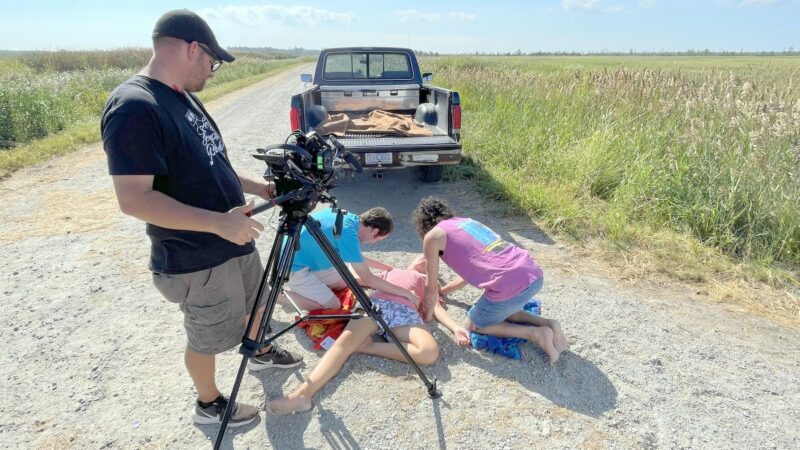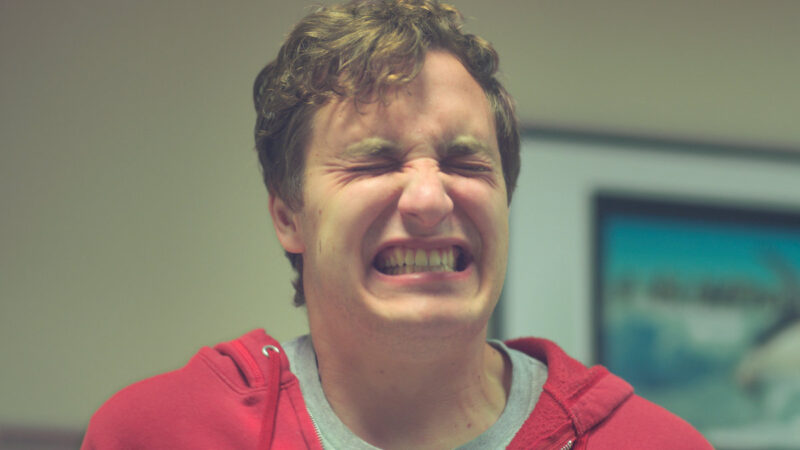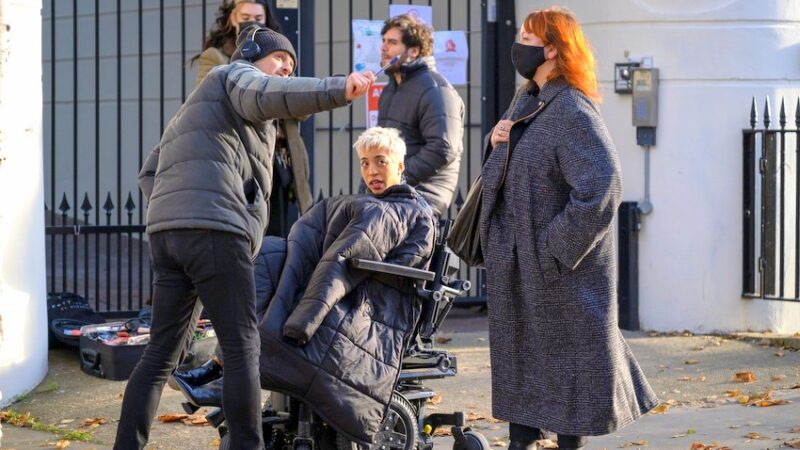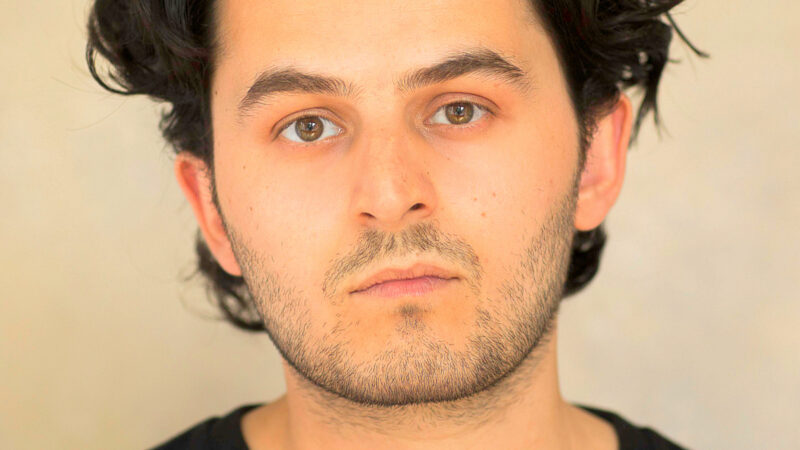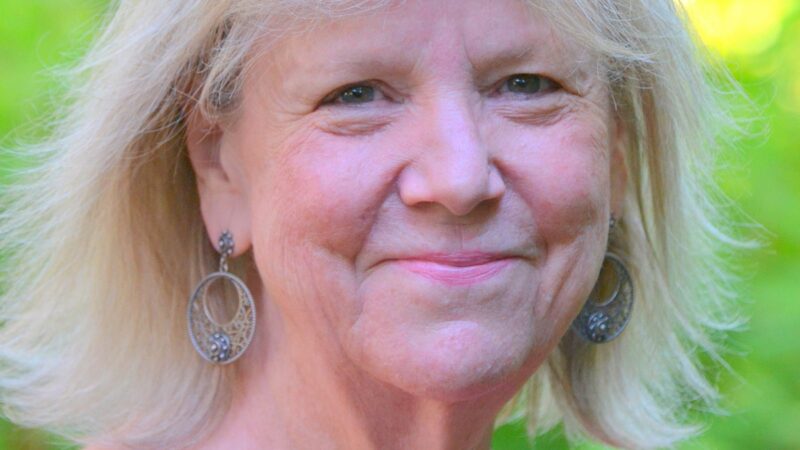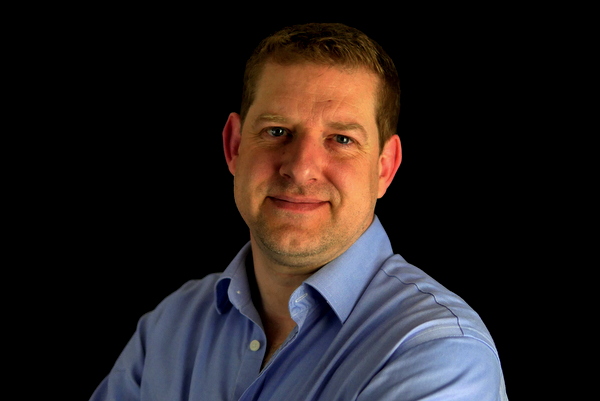
Despite having recently breached the 40-year barrier, I have been a Cinematographer for a very short period of time. While I have been in and around the industry on a part-time basis, providing weapons and pyrotechnics to films, and being behind the camera at live events for many years, I had a very different day job. I actually studied at University as an Aerospace Engineer and started my working life employed in that capacity. It was only a few years before I decided to take a bold life-changing move and step away from what I knew, and actually threw myself at the IT industry. Working my way up to senior management in a large IT company I have only recently taken another bold leap of faith to the film industry, combining my love for working on film sets, with my love of working behind the camera. I’m living proof that it’s never too late to follow your heart and change the life you lead in pursuit of your dreams. Never live with the potential for regret later in life. Just go for it.
Check out the finalised cover art for our recent short. The Terrible Old Man, by H.P. Lovecraft.#HPLovecraft #Filmmaking pic.twitter.com/fcKco0FrYD
— Andrew Cant (@andrewcantfilm) December 18, 2016
Did you study cinematography?
Not in the formal sense of a full-time university course. That’s not to say that I haven’t studied. I refined my practical skills over years of part-time work behind a camera, have attended numerous short courses, read plenty of books and studied lots of films. I’m the sort of person that obsesses over something to the point of saturation so it wasn’t unnatural for me to seek out all the information I could find to improve my skills, techniques and understanding of the industry. The best learning experience is always getting stuck in and seeing what you can do. Pick up a camera – any camera, and shoot stuff.
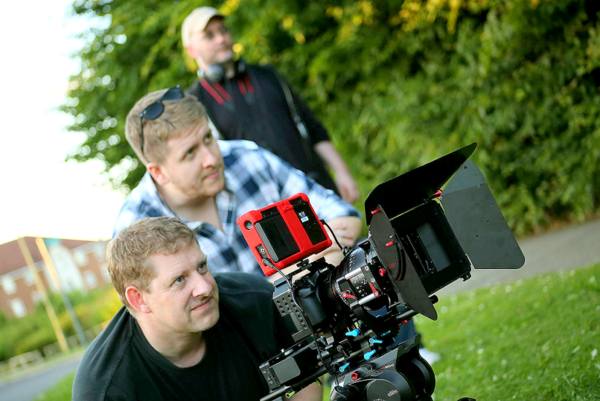
Andrew Cant, David and Alasdair on a production set
Tell us about your most recent project?
As a Cinematographer I have two projects I’m currently working on (Did I mention I’m a little prone to obsessive working?). I’m shooting a feature film called “Soldiers of Embers” while also shooting the 2nd series of a TV chat show. The chat show is shot one day a week so that works well for my schedule on set with Soldiers. Aside from that I co-write with a long-term friend, Director and Editor, Alasdair McWilliams. We have some really interesting work in the pipeline that you might want to watch out for. We’ll be starting to shoot that during the second half of this year and onwards. We’ve had a bit of a writing spurt on recently so we have a lot on the cards.
How do you prepare for work on a new project?
Unlike many of the people involved in the film, my world doesn’t usually centre around the script. I give it a read but I find a storyboard and shot list a much more useful resource. I’ll get a feel for the mood of the scenes, identifying conflict, tension and all the other emotional content. I make some notes on what I see and then book in some time with the Director where we then compare notes and I can get their feel for how they want the scenes shot. After scouting the locations, or at worst getting photos or video of the locations, I can then start looking at all the kit we’re going to need for the shoot. Lighting, grip kit and any specialist camera kit that we might need has to be secured before the shoot to avoid any production nightmares. Close to the shoot date I’ll use a nifty little app on my tablet called Shot Designer to plan the camera work and design my lighting solutions with my Gaffer. Once I get to set it’s quite straight-forward to get the set lit and camera equipment ready for rehearsals as all the planning is already done. There’s always some fine-tuning to do but we’re a lot quicker to get the first take shot because of the work done before arriving.
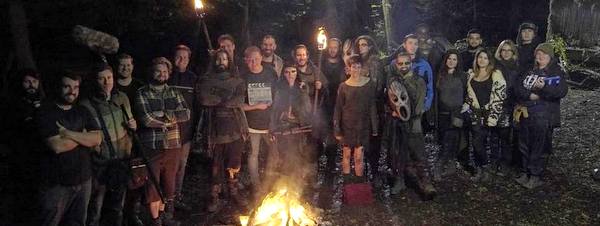
Who is your favourite cinematographer?
That’s a tough one but I’ve always leaned towards Robert Richardson as my favourite Cinematographer. He isn’t afraid to be bold and creative with his work. It’s technically brilliant work that isn’t safe middle-of-the-road mush. I couldn’t leave this question without at least mentioning Deakins or Kaminski though, but these are always at the front of a lot of people’s lists.
What is the difference between a cinematography and a D.O.P?
Ooh, good question. A lot of people go on about UK vs USA terms, etc. But for me, Cinematographer is the person who adopts the set of skills that we attain. We learn the art of cinematography – the art of capturing moving pictures. For me, DoP is a job title that a Cinematographer carries on a film set, often adopting this title to reflect the Head of Department position, managing teams of people.
What brand of camera is your favourite?
I don’t tend to carry an absolute favourite, although I am impressed by Blackmagic and the high-quality kit they’re putting out at the moment, especially considering the price point. They seem to have a camera for every occasion and I’ll be honest, I have my eye on one of the new 4.6k URSA minis for film work and their studio cameras may well feature for the next series of the TV show. I have spent a lot of time shooting through my trusty Panasonic GH4 though. Sure, it has the m4/3 sensor but as an indie camera, it’s just great. Coupled with my Atomos Ninja Assassin and a set of cine primes, I get some pretty nice results I think.
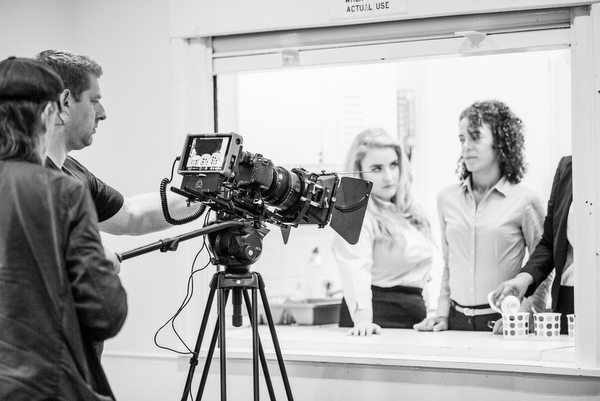
What do you look for in a camera?
Reliability and right-sizing for the needs of the shoot. There’s no point having a really high spec camera that is wrong for the environment, is unreliable or you just don’t know how to use. Time on set is expensive and the Director won’t love you for renting a RED or ARRI for the cool factor only to realize you don’t know how to set it up. Similarly, you can’t turn up to a night shoot with a camera that performs poorly in low light. Every camera has strengths. If your production can afford to rent, then shop for the right camera (that you or your CamOp knows how to use). If there’s no money, grab your trusty regular camera and make it work.
How do you like to work with your camera crew?
Having spent so many years in management, I’m a good delegator of workload so I like to use the team around me when the budget can afford it. If it’s a micro budget shoot then I’m happiest getting stuck into the thick of it – rigging lights, operating camera and setting flags and diffusers. When the budget can afford the crew, I like to delegate to allow me the opportunity to step back and see the quality of the output. I’m never far from the action though. I work with people with a wide range of skill levels and that’s fine. I’m happy to teach and bring along anyone into one of my teams to learn how it’s done. All I ask is that you’re keen, you pay attention and you ask questions at the right time. The student who is constantly checking Facebook or posting selfies on Instagram when we’re setting up for a scene tends not to get called back. Getting the IMDB credit is nothing compared to the experience you can gain from getting involved.
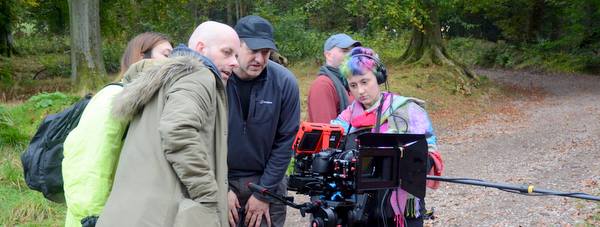
Is there a science behind what you do?
Definitely. First and foremost, this is a technical role. There is a lot to learn about the science of light, camera movement and human emotion. That said, the best DoPs tend to have a natural flair or gift for feeling a scene. That’s one of the things I love about this occupation. It’s a blend of art and science. I think that’s one of the biggest draws for someone like me.
Describe the gear you will use on a indie film production?
A small production is all about affordable results. I bring out the GH4 with the Atomos, my cine primes, and tripod. I may bring out the Steadicam or track/jib, depending on the shot. Lights are usually LED panels, LED fresnels and maybe squeeze the budget for a 5k HMI if I need to project through a window into a room or warehouse for that dramatic look with a hazer running. It’s all kit I own myself though and as I build drones as a hobby (a backlash from my first career) I’d pull one of those out, or use a friend who runs a one-man commercial drone operation for those lovely overhead establishing shots.
Describe the gear you will use on a big-budget production?
For big budget I’d be hiring in the camera so depending on the needs I’d probably be looking at a couple of RED cameras. I have a friend who flies a helicopter for me on some aerial shoots so she’d be on the list for the big overhead pieces. I love the Steadicam’s versatility so that’s still on the list but car chases would probably involve using a whole bunch of Black Magic Micro Cinema cameras as crash cams. Regarding lights, I’d be looking mostly at HMIs to get the throw needed for some of the bigger scenes. 18k HMIs on hilltops are a recurring dream. I’m such a geek! But again, it’s more about what the job needs rather than kit for the sake of kit so it really depends on the scenes in question.
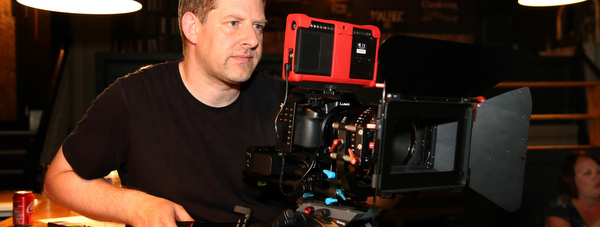
What do you want most from a director?
The freedom to contribute but also a basic understanding of their expectations. I’m working with a great Director on “Soldiers” at the moment, who has found a good balance between the two. We get on really well. The Director-DoP relationship is about forming a sort of mind meld so you’re both in sync with each other’s ideas. It can take time to forge which I think is why we often see long-standing Director-DoP partnerships. When you find something that just works, it’s easy to get drawn back to that synergy and you then find recurring work seeking you out.
What do you want most from an actor?
Typically, nothing more than what they offer. A sterling performance that makes it look like I’ve barely done anything. My work shouldn’t stand out as obvious or jarring to the casual viewer if I’ve done a good job so a good acting performance is always welcome. Sometimes I would like it if the bit player or over-excited extra would remain a little more grounded and wouldn’t ask me to get them a coffee when I’m trying to light the set, but I typically have a good relationship with the cast.
What do you do when your life is turned upside down? The ending is never the end! Feb 2017. #PositiveResultMovie pic.twitter.com/9ZhzzNP4Ji
— Andrew Cant (@andrewcantfilm) August 14, 2016
What advice will you give DoPs around the world?
I have 4 pieces of very simple advice:
(1) Find a director that likes the way you work, and work on the relationship with that director. Form a bond and try to get that synergy.
(2) Study cinematography – no, I mean really study it. The basics can come naturally and with little effort for the lucky few but there is a lot of technical information we all need to learn. There are loads of resources available but start with Blain Brown’s books and build from there.
(3) Learn your kit. Buy some basic kit yourself and know it inside and out. Your camera is the most important piece of kit for you to know inside and out. Not just the basic controls, but know the capabilities and limitations of every aspect.
(4) Shoot. Just shoot, then recharge your batteries and go out and shoot some more. Stop talking about being a film-maker, and go make some films.
We are in an amazing industry and we hold a very special role in that industry. There’s so much of this role to explore and a million films to be made. Roll up your sleeves and get stuck in.
INTERVIEWS
In Conversation with Michael Oblowitz Director of Confidential Informant
Confidential Informant stars Mel Gibson, Dominic Purcell, and Kate Bosworth
more interviews




